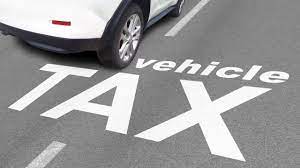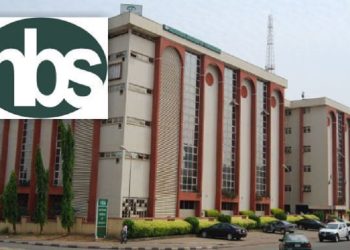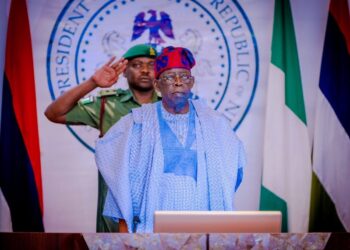The Federal Government is expected to generate approximately N12 billion per year from the newly introduced Proof of Ownership Certificate (POC) verification fee for motorists. The Permanent Secretary of the Lagos Ministry of Transportation, Abdulhafiz Toriola, made this disclosure, emphasizing that the certificate would enhance vehicle owners’ and government’s confidence in the integrity of all vehicles registered on the National Vehicle and Identification Scheme database. It will also aid in tracking car theft and the recovery of stolen vehicles.
Toriola stated, “To this end, the Federal Government has introduced the issuance of annual Proof of Ownership Certificate for all registered vehicles.”
According to data from the National Bureau of Statistics, Nigeria had 11.76 million vehicles as of Q2 2018, with a vehicle per population ratio of 0.06 during that period. Reports indicate that Nigeria imports around 400,000 vehicles annually. In the first 10 months of 2021, a total of 192,287 vehicles were imported through the Ports & Terminal Multipurpose Limited, while the number decreased to 114,159 vehicles in the same period of 2022. Lagos State has already begun the collection of POC fees since July, although other states have yet to announce their stance on the matter.
The government’s decision to introduce this fee has generated mixed reactions. Taiwo Oyedele, the Fiscal Policy Partner and Africa Tax Leader at PwC, criticized the tax, deeming it retrogressive, ill-conceived, and poorly designed. In a LinkedIn post, Oyedele stated, “Apart from the payment which seems to be solely for revenue generation, and perhaps more for non-state actors than for the government, it is illogical to have to prove annually that you own a vehicle for which you already have a certificate of proof of ownership issued by the government.” He further highlighted the tax’s negative impact on business operations and tax morale due to the already burdensome multiple tax system.
Oyedele recommended that the tax be reconsidered, particularly given the recent fuel subsidy removal, to demonstrate sensitivity and empathy towards the affected sectors such as transportation, energy, and food. He cautioned against imposing new or higher taxes on these sectors, similar to the need for the recent attempt to collect VAT on diesel to be reevaluated.
Toriola explained that the Proof of Ownership Certificate will serve as official documentation of a vehicle’s legal ownership. The certificate will include essential information such as the vehicle’s registration details (license number plate, model, year of manufacture) as well as the owner’s name and address.
He further highlighted that the Joint Tax Board, in its communiqué issued on May 9, 2023, after an emergency meeting, adopted the issuance of proof of ownership on an annual basis nationwide to ensure the promotion of safety and security of lives and property.
With the implementation of the Proof of Ownership Certificate and the associated verification fee, the Federal Government aims to enhance transparency, combat vehicle-related crimes, and generate revenue for developmental purposes.











